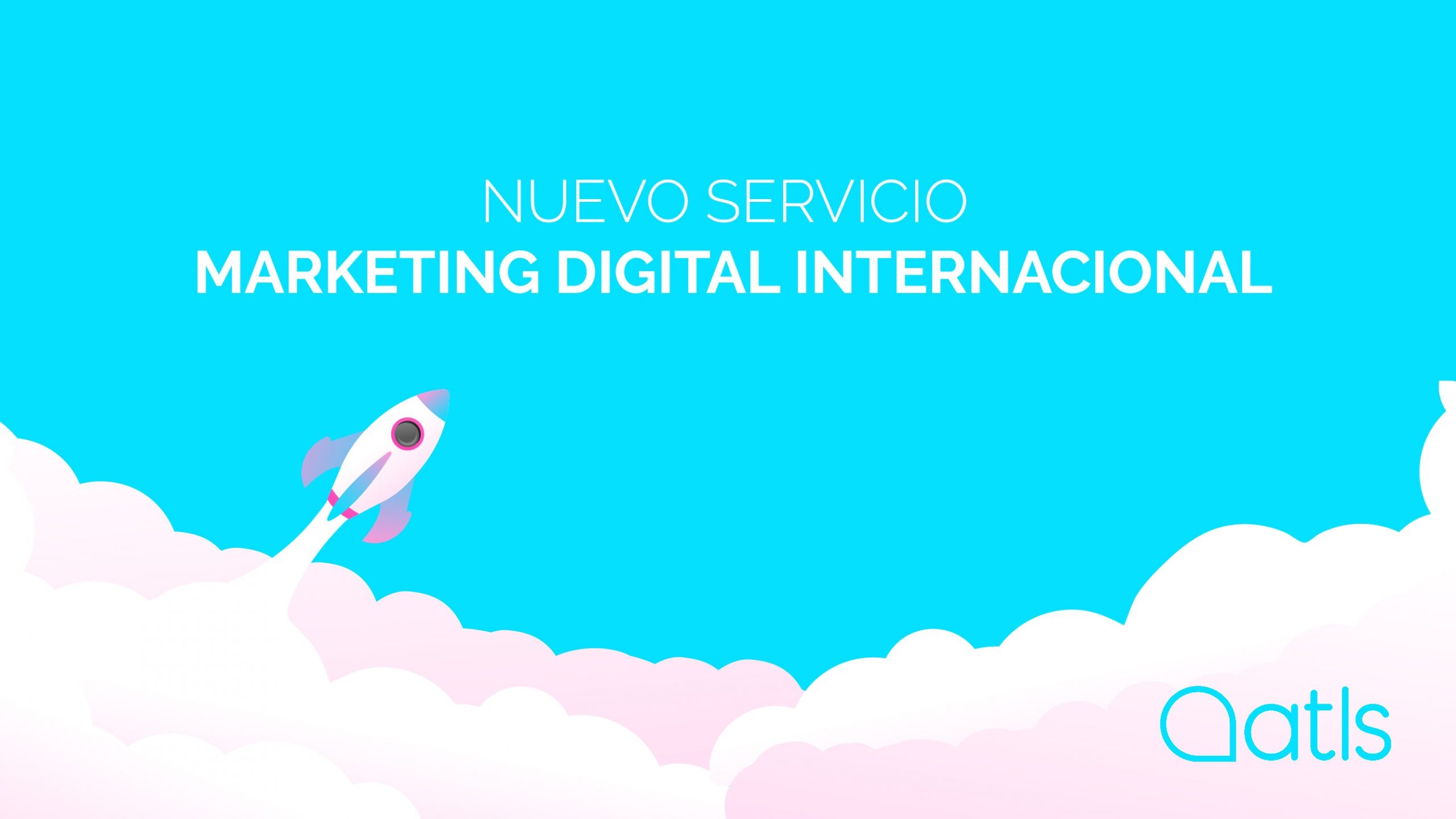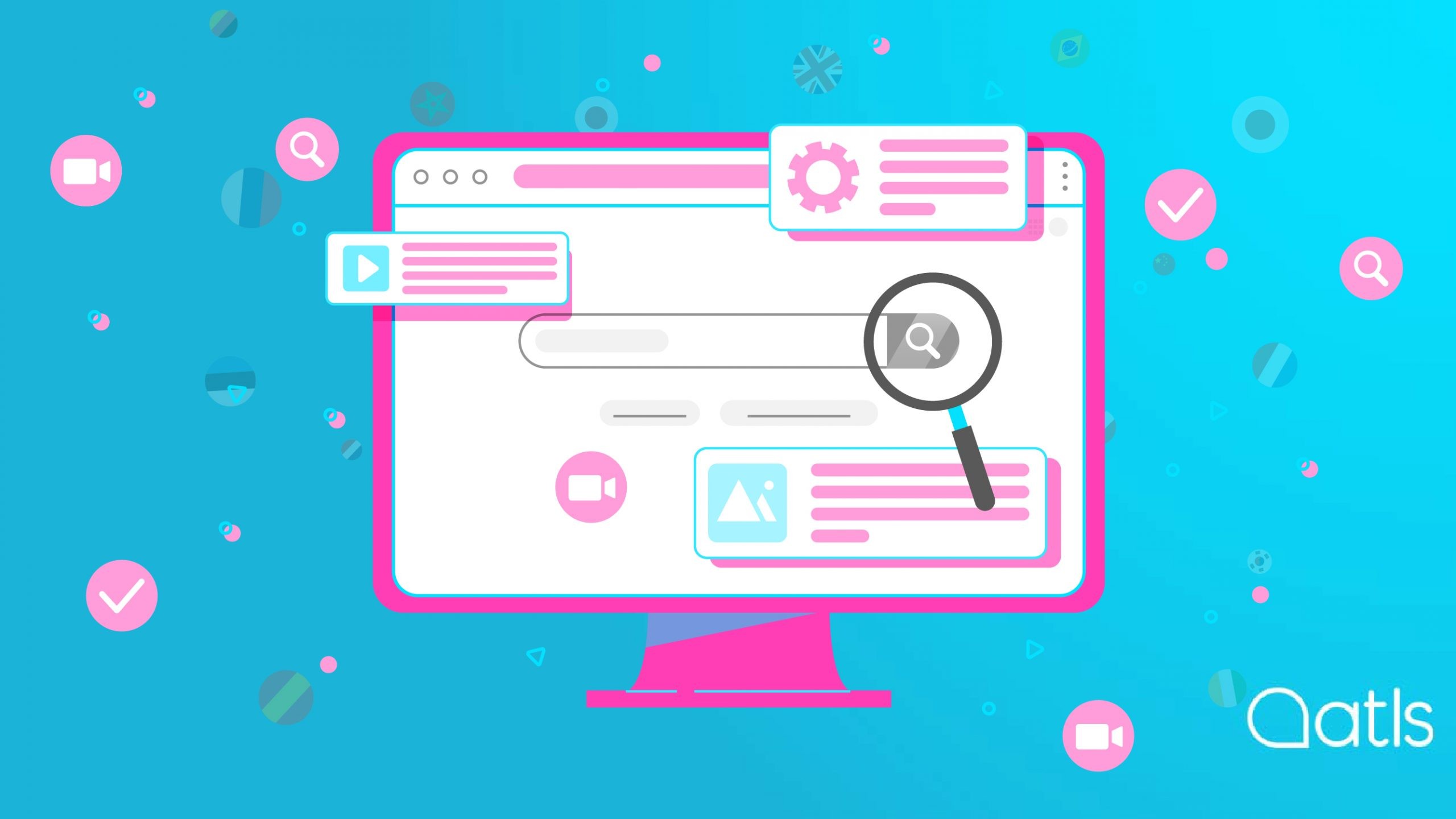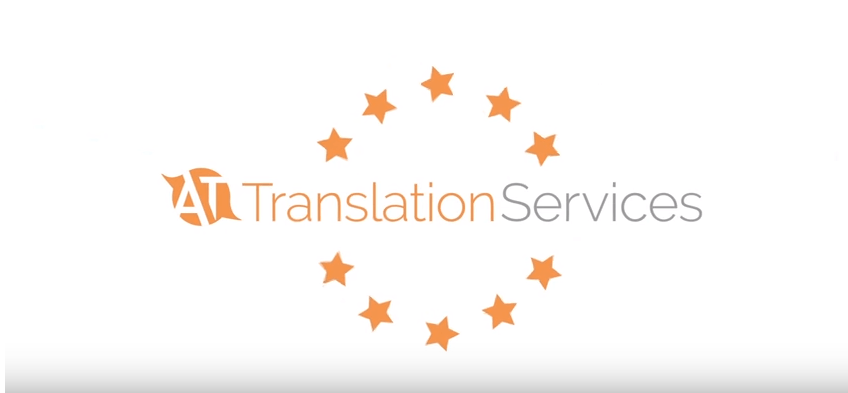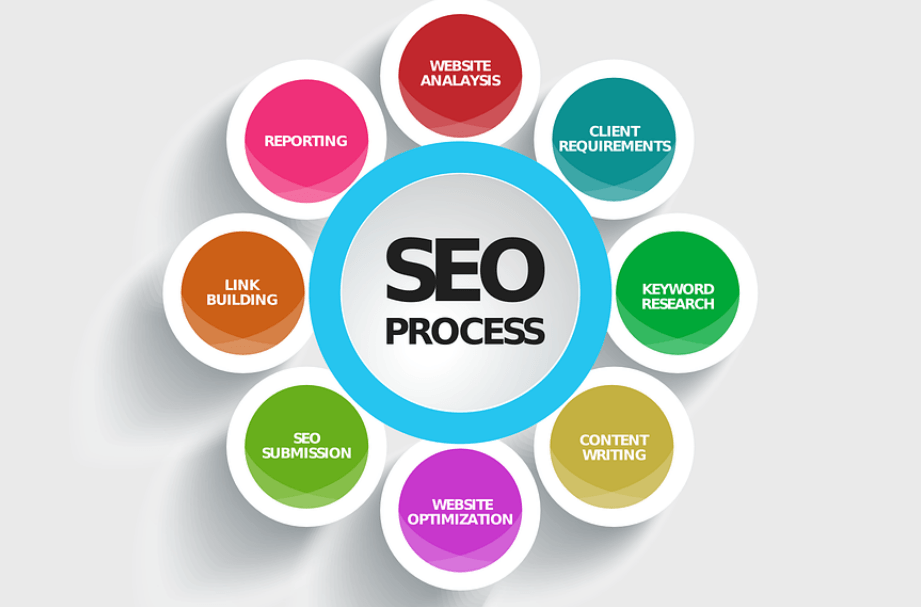The importance of terminology management
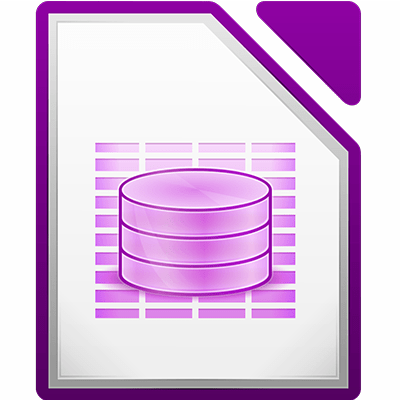
A database of terminology is part of a company's corporate identity and must be correctly managed to keep the contents cohesive. Let's see what terminology management is all about!
What is a terminology database?
A terminology database is the set of terms specific to a company, written in its source language with its corresponding translation. It is useful to the translator as an example when translating so that, therefore, they can create a more coherent translation in keeping with the company's language.
Due to globalisation and to how quickly content is created and promoted, terminology databases are also useful for the companies themselves, since they allow them to engage with potential clients anywhere in the world more easily.
The need for terminology management
Terminology management consists in defining, translating and setting the use of technical terms that are used by a company, to ensure accuracy and coherence of multilingual communications.
This praxis avoids inaccurate perceptions of a product, a service or the brand itself due to poor use. In addition, a poor translation would cause a delay in the delivery of the translation since it would need be revised and corrected.
On the other hand, good terminology management allows a global company to share multilingual content quickly without sacrificing quality, which can translate into a greater number of international sales.
Advantages of terminology management
Optimum management of a terminology database benefits both the company and the translator responsible for their translations. Let's see the three main advantages:
- Better money and time management: a term in the term base refers to a single concept. In this way, the company saves resources, given that the term is only translated once, avoiding duplicate entries.
- Better user experience: terminology management also improves the potential client's experience, since they will not feel confused when finding several terms referring to the same concept, for example, on a website
or in a product manual. In addition, the coherent use of terms also helps to reduce after-sales issues that can arise due to a poor translation. - Better performance in the company: through optimum management, communicationsa both internal and with clients, will use a uniform language and be coherent. This means less time spent on unnecessary explanations.
Now that you know a little more about terminology management, at ATLS we recommend that you use a professional translation service to translate the contents of your term base.

